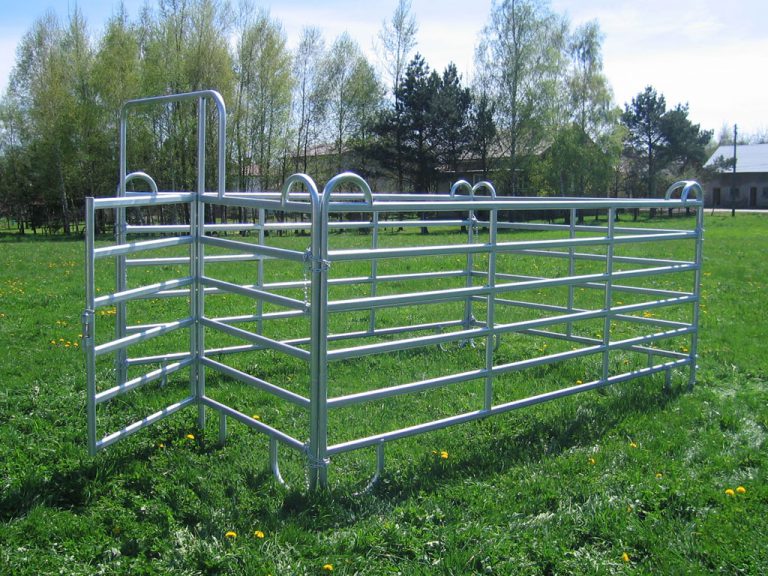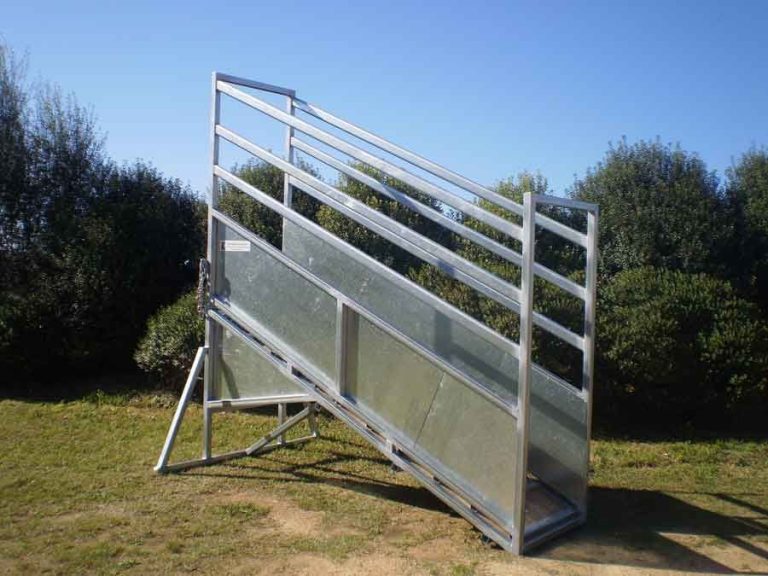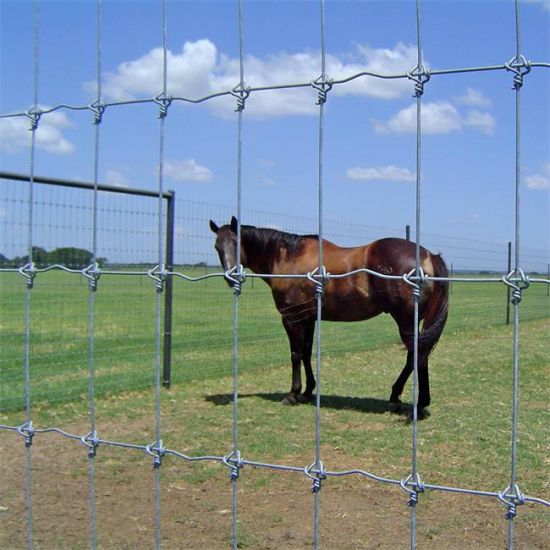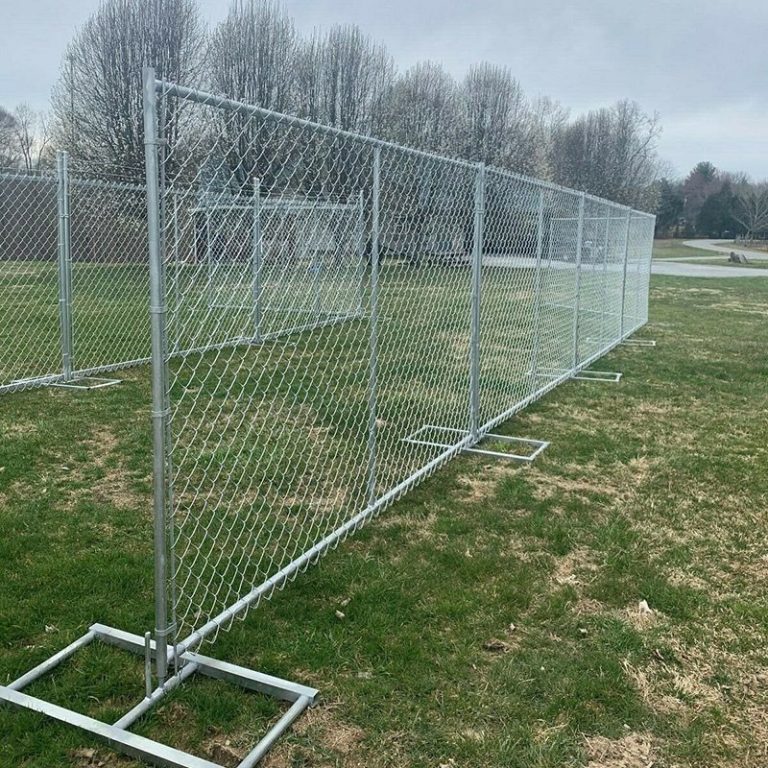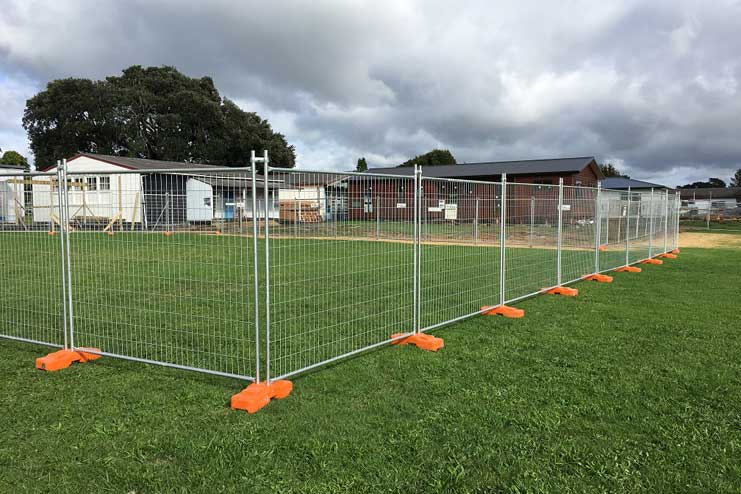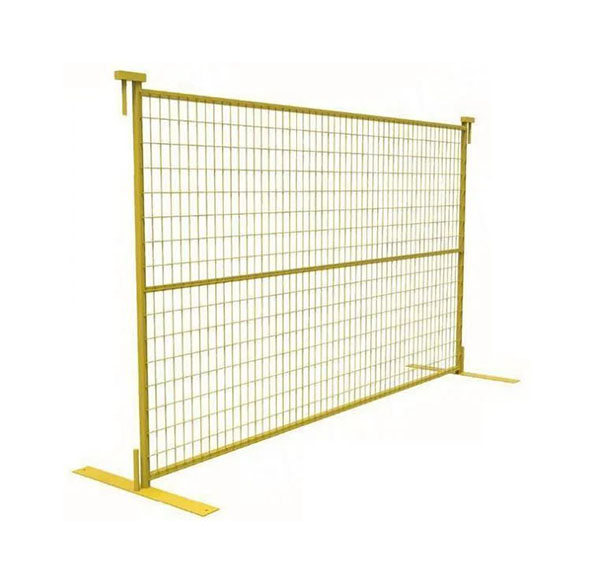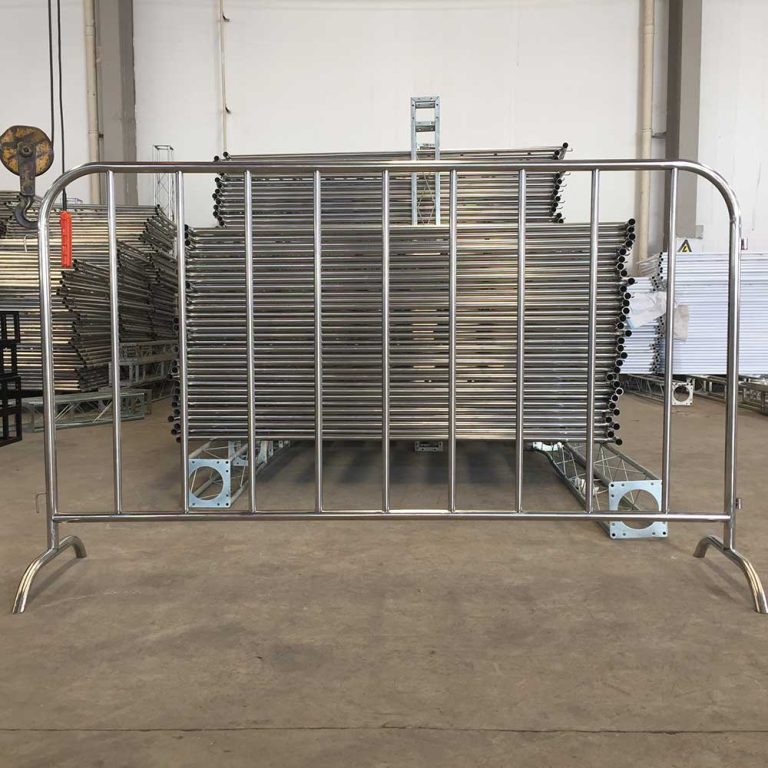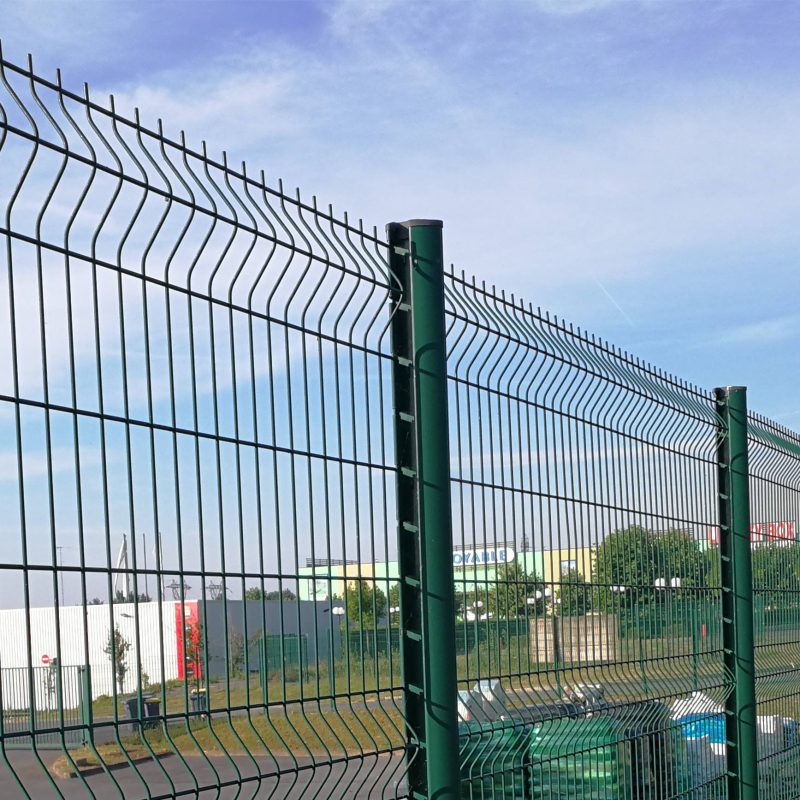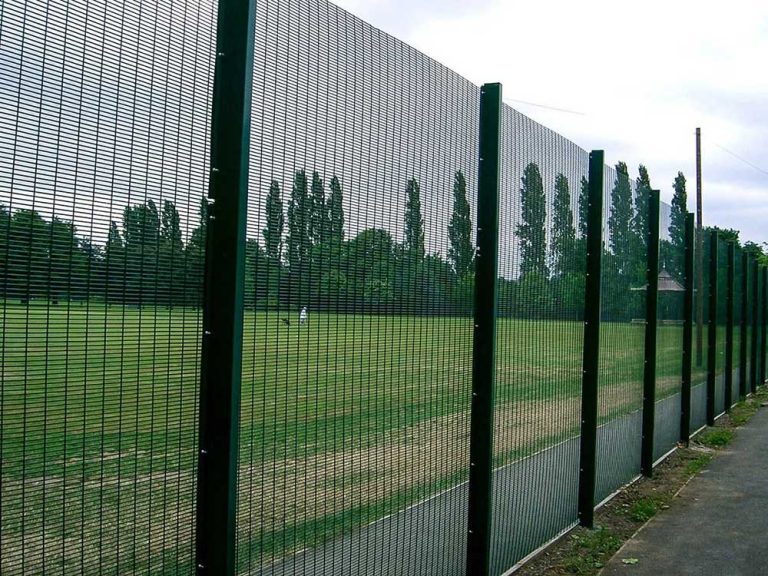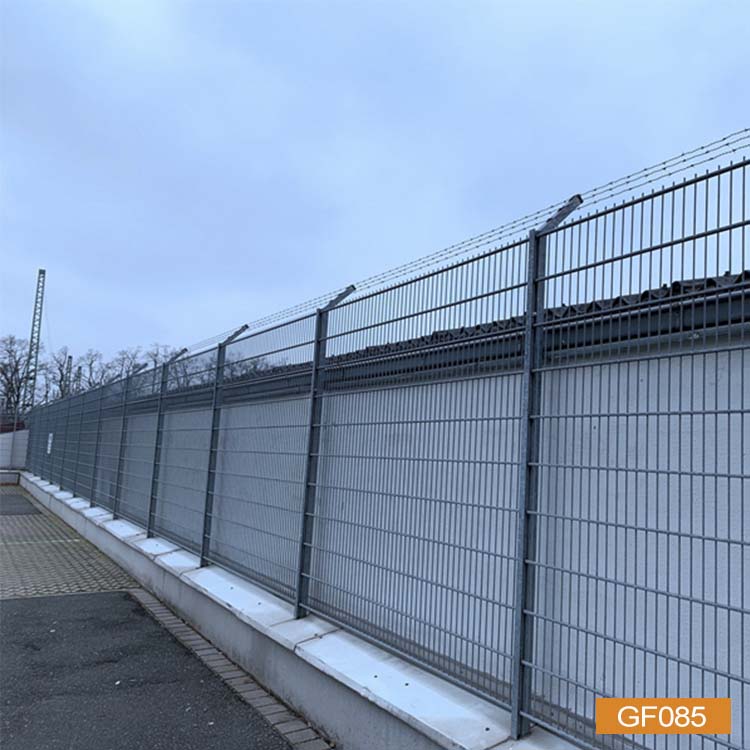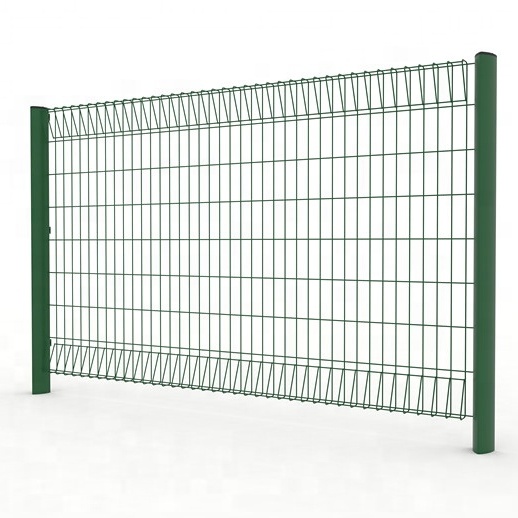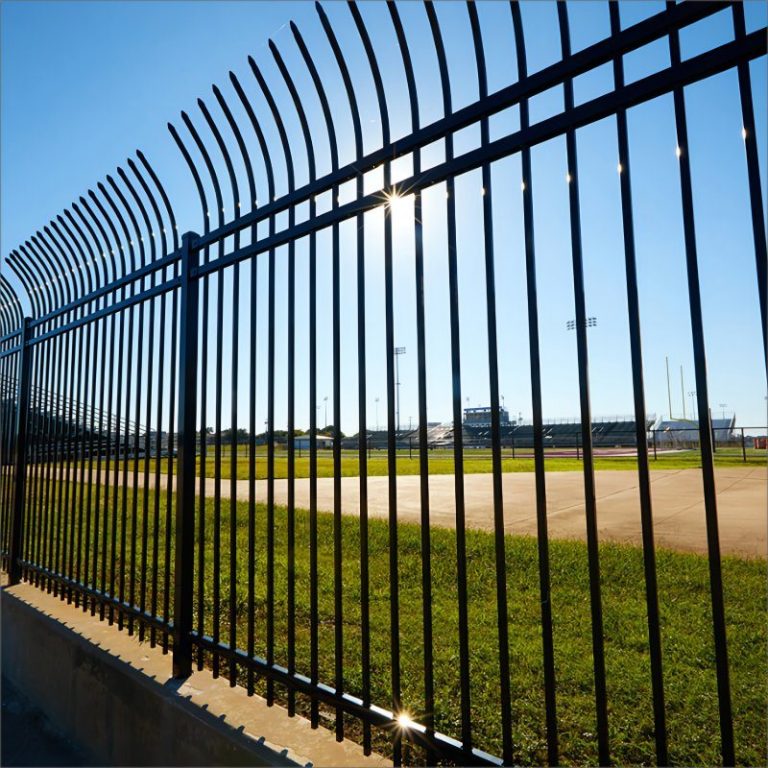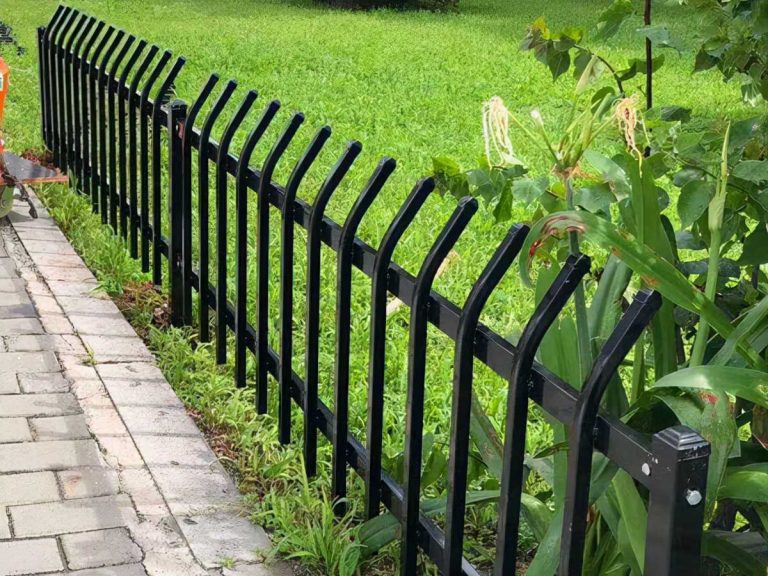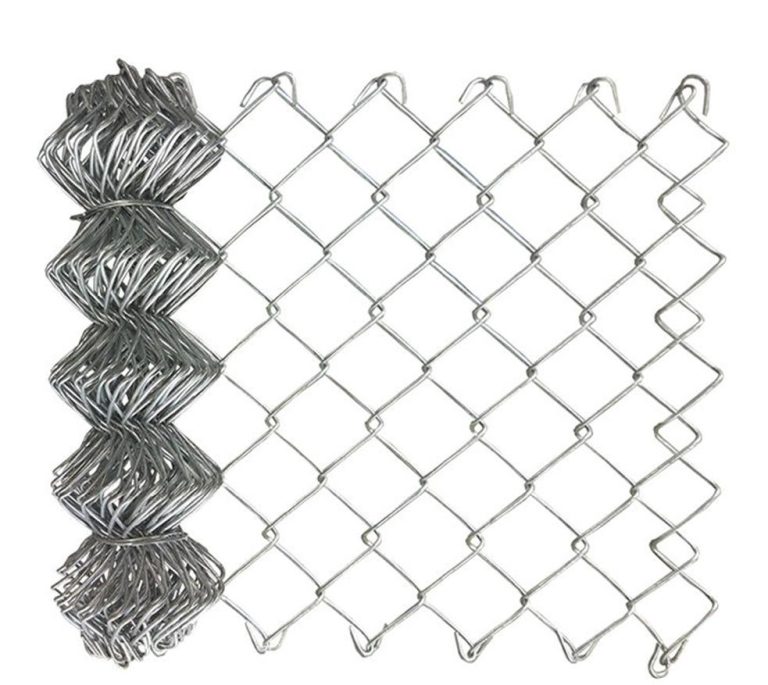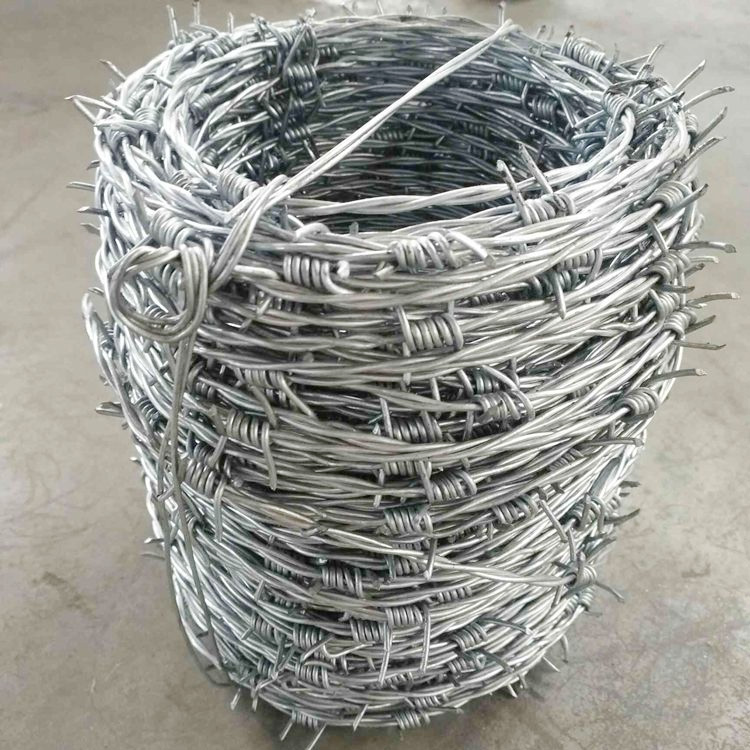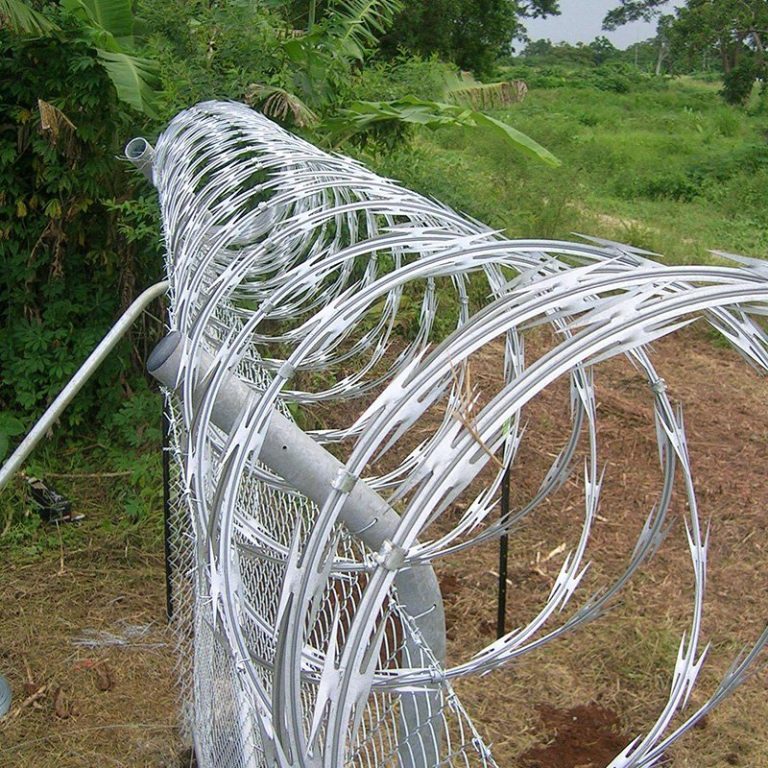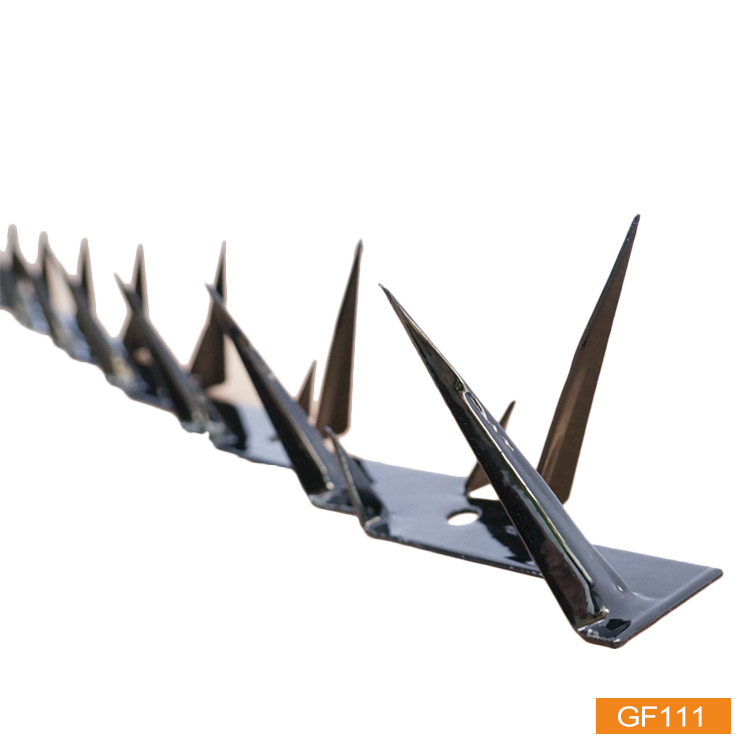Why Military Base Fences Matter for Safety
Why Military Bases Need Special Fencing Systems
Military bases are vital places. They hold secret operations, people, and gear. To keep them safe, these bases need special fencing systems built to stop many dangers. Unlike regular fences, military base fences are made to block physical break-ins and keep out unwanted visitors. They act as the first shield against possible threats. They also set a clear line between restricted zones and public areas. The value of these military fences comes from their power to lower risks like spying, attacks, or damage.
The Role of Military Fence Design in Improving Safety
The design of military fences is key to boosting safety. It uses strong materials and smart features. These designs often have anti-climb shapes, tough wire mesh, and sturdy posts to resist tampering or forced entry. Also, many military fences include monitoring tools like cameras and motion sensors. These tools watch activities along the boundary. By mixing physical walls with modern tech, these military base fences build a strong safety system suited to the special needs of military sites.
Key Features That Make a Military Base Fence Work Well
A good military base fence is strong, flexible, and able to scare off intruders. Tough materials like galvanized steel last long and stand up to weather. Features like anti-cut wires and sharp barbed additions make it hard for intruders to cross. Plus, modular designs let bases customize fences for specific needs. This works for short-term setups or permanent bases.
Types of Military Fences and Their Uses
High-Security Wire Mesh Fences for Military Bases
High-security wire mesh fences are common in military use. They are very strong and easy to see through. Made from galvanized or PVC-coated steel wire, these military fences have tight patterns. These patterns stop climbing or cutting. Chain link wire mesh is one example. It’s known for being tough and useful in many ways. Its open design allows clear monitoring while keeping a safe boundary.
Anti-Climb and Anti-Cut Fences for Extra Protection
Anti-climb and anti-cut fences are built to block unauthorized access. They make it nearly impossible to climb or harm the structure. The Anti Climb Fence – 358 Fence is a great example. It has close mesh openings that resist cutting tools. It also offers clear visibility. These military base fences are often used around high-risk spots like weapon storage, command centers, and runways.
Barbed Wire and Razor Wire Additions to Military Fencing
Barbed wire and razor wire are often added to boost military fence safety. Razor barbed wire mixes style with function. It offers strong anti-climb effects and is simple to set up. These additions scare off intruders and physically block entry attempts.
Benefits of Installing High-Quality Military Base Fences
Stopping Unauthorized Access to Restricted Areas
High-quality military base fences are key to stopping unwanted entry. They create strong barriers around restricted zones. Their solid build ensures only approved people can enter sensitive areas. This lowers the risk of spying or harm.
Strengthening Perimeter Defense Against Outside Threats
By using tough materials like galvanized steel and features like anti-climb designs, military base fences greatly improve perimeter defense. They act as physical walls.
Supporting Overall Safety for Base Operations
Safety is critical for any military base to work well. By securing boundaries with trusty military fencing systems, bases can focus on their main tasks without worrying about safety. High-quality military fences create a safe space. This lets personnel work well without constant fear of outside risks.
Factors to Consider When Picking a Military Fence
Choosing Materials for Strength and Long Life
When picking materials for military fences, strength and long life are crucial. Military bases need fencing systems that can handle harsh weather while staying strong. Galvanized steel and PVC-coated wires are often used. They resist rust and wear well. These materials work great in places with extreme weather or lots of moisture. They ensure long-term use without needing frequent replacements.
High-tensile wire mesh is another good choice. It offers strong protection against cutting and tampering. For areas needing extra safety, adding barbed wire or razor wire boosts the military fence’s ability to scare off intruders. Razor barbed wire mixes style with function. It offers strong anti-climb effects and is easy to set up. These materials not only block physically but also warn off potential intruders.
Meeting Global Safety Standards
Military fences must follow global safety standards. This ensures they meet the strict needs of modern defense sites. Standards like ASTM or ISO set rules for material quality, design, and setup processes. For example, the 358 anti-climb fence is designed to resist cutting tools while offering clear visibility. These standards keep safety measures consistent across military bases worldwide.
Following these rules also means adding modern tools like cameras, motion sensors, and access control systems to the military fence setup. These upgrades turn basic fences into multi-purpose safety tools. They can watch and respond to threats in real time.
Maintaining and Ensuring Long Life of Military Base Fences
Regular Checks to Keep Fences Strong
Regular checks are vital to keep military base fences strong. Inspections should look for signs of wear, like rust, corrosion, or structural harm. High-security fences like chain link wire mesh are tough and versatile. Still, they need routine checks to ensure no weak spots form over time.
Fixing and Upgrading Parts Over Time
Even the strongest military fences need repairs and upgrades to stay effective. Parts like posts, clamps, and tension bars may need replacing due to wear or damage from weather. Upgrading these with tougher materials can make the military fence last longer.
For example, switching to galvanized steel posts can improve resistance to rust and corrosion. Adding new features like anti-climb coatings or stronger mesh panels keeps the military base fence ready for new safety challenges.
Cost-Saving Benefits of Tough Materials for Long-Term Use
Spending on high-quality materials may cost more at first. But it saves money over time by cutting repair costs and making the military fence last longer. Temporary guardrails made from galvanized welded wire mesh balance cost and strength. They work well for both short-term and permanent setups.
Picking materials that need little care not only saves money but also frees up resources for other key base tasks. For example, using PVC-coated wires stops rust buildup. This reduces the need for frequent repainting or fixes.
Frequently Asked Questions
What are the toughest materials used in military base fences?
Galvanized steel and PVC-coated wires are very tough. They resist rust and corrosion well.
How often should military fences be checked?
Checks should happen at least every three months. This helps find any wear or damage that could weaken safety.
Can military fences be customized?
Anping Jiahui Wire Meshes Products Co., Ltd offers custom designs. They tailor military fences to specific safety needs.
What extra features improve military fence safety?
Adding razor wire or tools like cameras and motion sensors greatly boosts perimeter defense.
For more details about advanced fencing solutions for military use, contact Anping Jiahui Wire Meshes Products Co., Ltd. They are located in Anping County, a place famous for wire mesh expertise!

